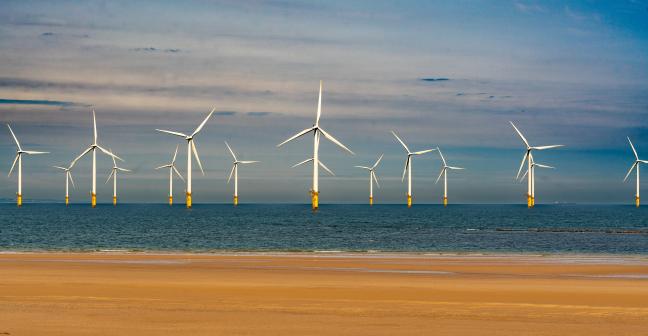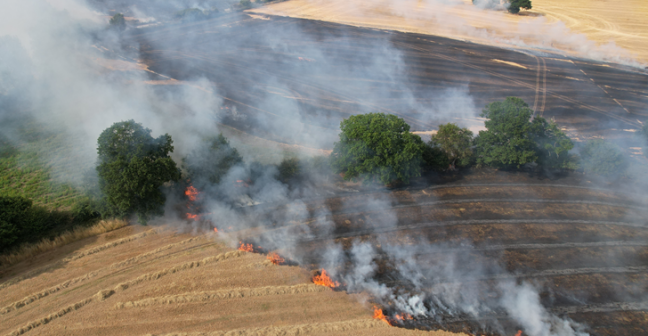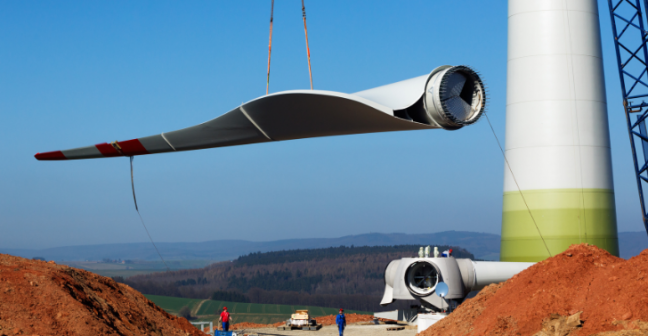To meet the scale of the challenge posed by climate change, the focus of COPs must rapidly move from discussion to delivery. We know what we need to do, and a strong public mandate for ambitious solutions has continued to grow.
Ahead of the COP30 climate summit taking place in...






